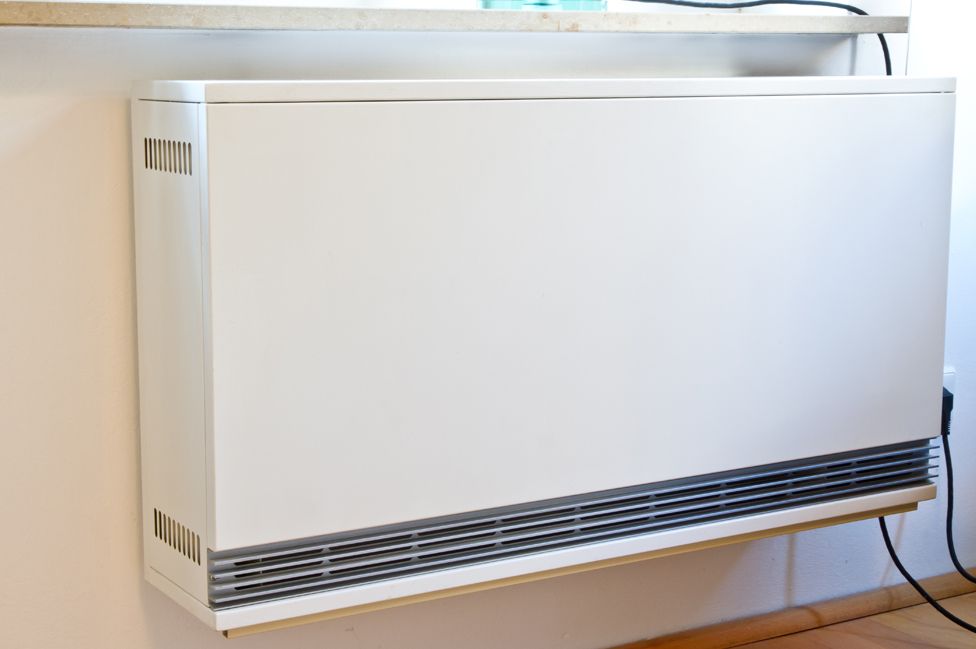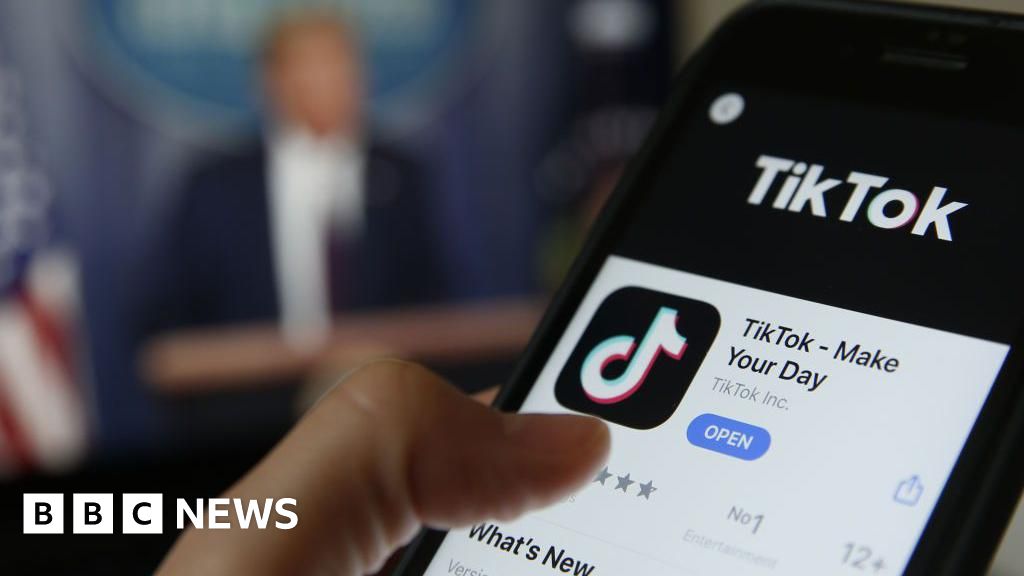ARTICLE AD BOX
 Image source, Getty Images
Image source, Getty Images
Economy 7 tariffs became more common in the 1960s and 1970s when storage heaters grew in popularity
By Colletta Smith
Cost of living correspondent
About 2.5 million households in Britain have seen their annual energy bill go up by an average of £116 despite the government fixing prices until April.
Those on Economy 7 electricity tariffs, who pay different night-time and day-time rates, saw a 7.6% hike this year, according to analysis seen by the BBC.
Suppliers of this tariff can set their own rates and were allowed to increase them on 1 January.
Energy bills soared last year, leading to the government guaranteeing prices.
Under the Energy Price Guarantee, a household using a typical amount of gas and electricity would pay £2,500 annually. This guarantee lasts until April, when it will go up to £3,000.
The government's price promise states a specific average unit price for most homes, but because Economy 7 customers pay two different rates, the government allows suppliers to set those rates themselves.
The energy regulator Ofgem increased the prices companies could charge those customers in January, so that's exactly what most of the major suppliers have done.
The analysis, by energy consultancy Future Energy Associates, found there has been an average annual rise of 7.6%, meaning Economy 7 users are now paying on average 46% more than others on electricity-only tariffs.
The consultancy says a typical Economy 7 annual bill is now £2,964, far higher than the government's figure of £2,500.
Ofgem has calculated average usage in a different way, and says that despite that 7.6% increase, average Economy 7 customers will still be paying less than the government's price guarantee.
"The bottom line is, if Economy 7 customers use cheaper off-peak electricity for night-storage heaters, they can make substantial savings. They will pay more if they use more peak-time electricity," an Ofgem spokesperson said.
'It just didn't make sense'
Andrea Robinson was on Economy 7 but asked to be moved to the standard tariff after doing the maths
Andrea Robinson is a retired nurse from York. The village she lives in doesn't have any mains gas, so she is reliant on electricity to power and heat her home.
She was on the Economy 7 tariff, but after getting a letter from her supplier Octopus, saying her bill would rise by 8% in January, she decided to do the maths to work out how much she would be paying.
"I watch every penny. It just didn't make sense when I added up the numbers," she said.
"It looked like I would be paying about a pound a day more to be on Economy 7. If you work it out over a year that's over £300.
"It's a lot of money to pay on top of what you're already paying and obviously you're facing another rise potentially in April," she said.
Andrea contacted Octopus and asked to be moved to the standard tariff. She is now paying less overall for her electricity and has changed the way she uses it.
"I've switched to using more electricity during the daytime hours and I don't bother getting up in the middle of the night to boost my heating system when it's cheaper."
What are Economy 7 tariffs for?
Economy 7 tariffs became common in the 1960s and 1970s when storage heaters grew in popularity.
They were supposed to encourage people to use electricity off-peak much more cheaply, refill storage heaters overnight, which then heat the property gradually in the day.
Storage heaters were often used in high-rise flats, in council or social housing, and in rural areas off mains gas.
But they became inefficient technology, as although the electricity to fill them up was cheap, they were often a slower way of heating a home.
Of the 2.5 million households who still have an Economy 7 meter, the regulator is unsure how many still have storage heaters in place, and how many are on those contracts as a hangover from a previous homeowner or tenant.
A significant proportion of those people only have electricity to heat their homes, which is now significantly more expensive than gas central heating.
Fuel Poverty Action called the increase "a scandal", while Simon Francis from the End Fuel Poverty Coalition said: "It is completely unreasonable that those customers on Economy 7 tariffs are paying significantly more for their electricity."
A government spokesperson said: "Suppliers have been allowed to change Economy 7 rates to balance out more expensive day rates against cheaper night rates."
They added the January price rise for Economy 7 customers was because of "the interaction of [Ofgem's previous] price cap and the Energy Price Guarantee".
Trade association Energy UK said: "Most suppliers will let customers switch to a single tariff from E7 if they request, but it's advisable to check first with your supplier whether that move will work out cheaper."

 2 years ago
32
2 years ago
32








 English (US) ·
English (US) ·